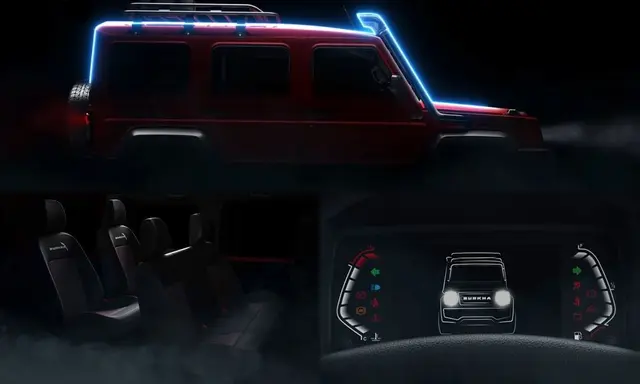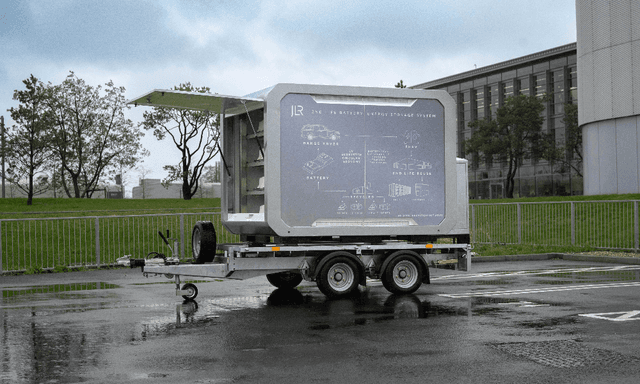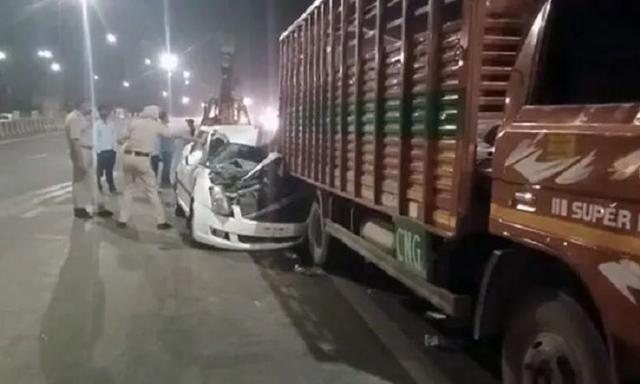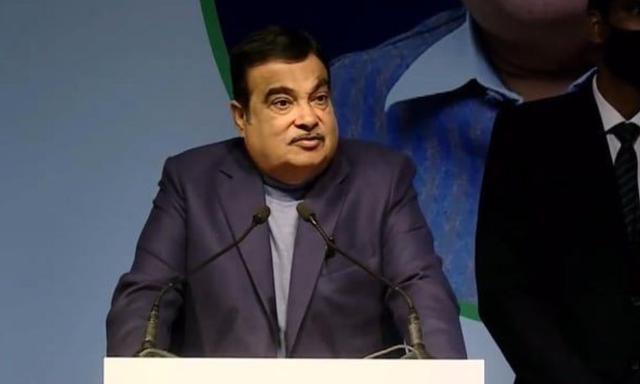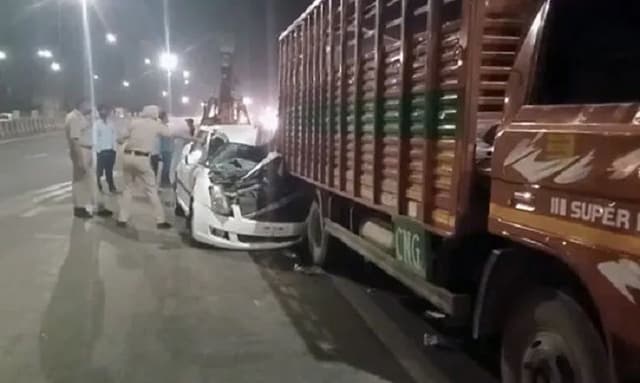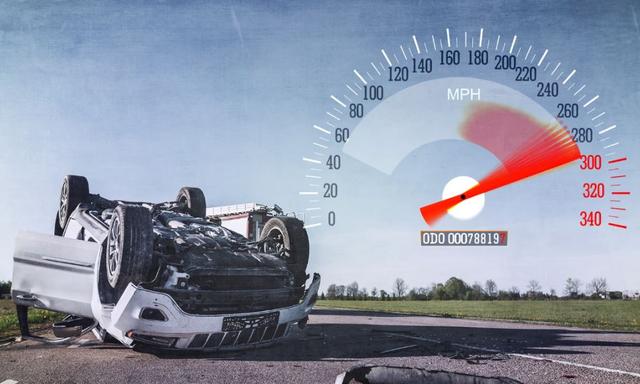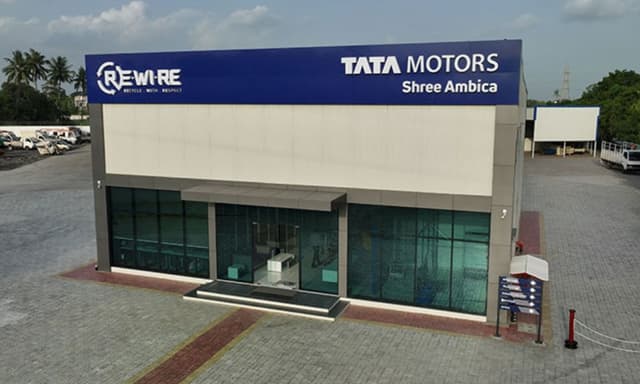MoRTH Announces Rules For Registered Vehicle Scrapping Facility And Automated Testing Stations
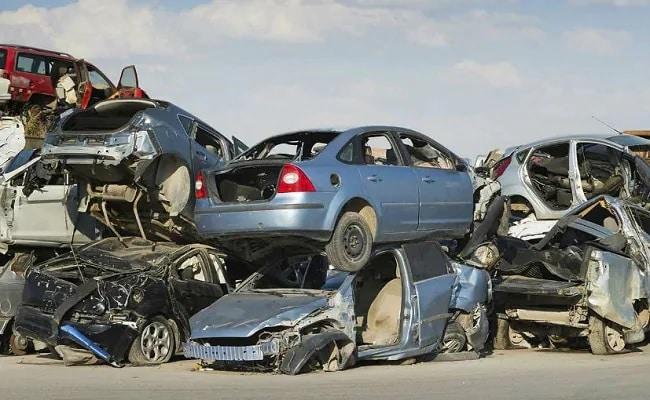
Highlights
- MoRTH releases norms for setting up registered vehicle scrapping facility
- The government also announced rules for automated testing stations
- The vehicle scrappage policy was launched at the Gujarat Investor Summit
The Ministry of Road Transport and Highways has announced procedures for setting up of Registered Vehicle Scrapping Facility (RVSF), as per Motor Vehicles (Registration and Functions of Vehicle Scrapping Facility) Rules. These norms apply to all automobile collection centres, automotive dismantling, scrapping and recycling facilities and recyclers of all types of automotive waste products. The Voluntary Vehicle Fleet Modernisation Programme (VVMP), or the automotive scrappage policy was launched last month by Prime Minister Narendra Modi at the Investor Summit in Gujarat. Under the policy, the government intends to set up 450 to 500 automated testing stations (ATS) and about 60 to 70 Registered Vehicle Scrapping Facilities (RVSF) across the country.
Also Read: Prime Minister Modi Launches The Voluntary Automotive Scrappage Policy In India
undefinedMORTH has come out with detailed procedures for setting up of Registered Vehicle Scrapping Facility (RVSF), as per Motor Vehicles (Registration and Functions of Vehicle Scrapping Facility) Rules. pic.twitter.com/oTza0vHFB0
— MORTHINDIA (@MORTHIndia) September 25, 2021
The ministry will develop a single-window clearance portal for registration and renewal of registration of such facilities within 60 days in a specified manner by the respective states. The validity of registration for an RVSF shall be 10 years. The facility shall be provided access to the VAHAN database and will be required to obtain necessary cyber security certifications for safe access to the VAHAN. The scrapping facility will be authorised to make entries regarding vehicle scrapping and issuance of Certificate of Deposit and Certificate of Scrapping.
RVSF will have access to the NCRB database for stolen vehicles. The facility will be required to carry out verification of the person or representative handing over the vehicle for scrapping, and verification with the NCRB record and the pending dues.
Rules also specify the requirement of documents from the owner or authorised representative regarding records of the vehicles for issuing the 'Certificate of Deposit (COD), which can be used to avail incentives and benefits when buying a new car. Details of the vehicle for scrapping shall be provided as per Form-2 by the owner. The facility must keep safe custody of a cut piece of chassis number for six months from the date of issue of Certificate of Vehicle Scrapping and maintain a copy of all documents for record and examination during its mandatory annual audit.
In case, the facility does not have adequate provisions for recycling hazardous waste like e-waste, lead-acid batteries or lithium-ion components, such materials are to be sold to authorised recyclers or agencies. These norms also lay down the process of audit of RVSF by the specified authority and upload audit report on the portal specified by the ministry. The rules also provide the detailed procedure for appeal against the action of the registration authority.
undefinedMORTH has come out with Rules for recognition, regulation and control of Automated Testing Stations. These rules take into account vehicle safety and emission requirements, global best practices. pic.twitter.com/FFU141sAw2
— MORTHINDIA (@MORTHIndia) September 25, 2021
Section 56(2) of Motor Vehicle Act, 1988 introduced through Section 23 on Motor Vehicles (Amendment) Act 2019, empowers the government to make rules for recognition, regulation and control of Automated Testing Stations. An Automated Testing Station (ATS) uses mechanical equipment to automate the various tests required to check the fitness of a vehicle. The fitness testing for commercial vehicles is to be done every 2 years up to 8 years, and every year for vehicles older than 8 years. Fitness testing for the personal vehicles will be done at the time of renewal of registration after 15 years and repeated after every five years in case renewal of registration is applied. These rules take into account the vehicle safety and emission requirements, global best practices. These have been incorporated according to the vehicles and systems in place in India. The testing stations may be owned or operated by a person including any individual or company or association or body of individuals or special purpose vehicle or State Government.

Fitness testing for the personal vehicles will be done at the time of renewal of registration after 15 years and repeated after every five years in case renewal of registration is applied.
Also Read: Vehicle Scrappage Policy: All You Need To Know
The ministry will provide a single-window clearance system for pre-registration or registration of the ATS. The registering authority shall not be below the rank of the Transport Commissioner of the State. The appointment for a fitness test at an Automated Testing Station shall be done through an online portal developed by the Ministry of Road Transport and Highways (MoRTH).
All automatic and manual data, along with the results of the tests performed on the vehicle will be automatically transmitted to a central unit. All results will be masked on the test lane and test data to be encrypted. The test report will be generated automatically after completion of all tests and shall be sent to the registered owner or authorised signatory of the vehicle through electronic mode.
If a vehicle fails the required tests, the registered owner/ authorised signatory of the vehicle may opt for a re-test after depositing the appropriate fee for re-testing. In case, the vehicle fails such a re-test, it shall be declared as an End of Life Vehicle (ELV).
If the registered owner or authorised signatory is not satisfied with the test result, he may submit an appeal with the requisite fee. The appellate authority may order a partial or complete re-inspection of the vehicle, within fifteen working days of receipt of such appeal. Consequent to the vehicle passing such re-inspection, the appellate authority shall order issuance of a Certificate of Fitness to such vehicle. The decision of appellate authority shall be final and binding. The Audit of ATSs set up under these rules shall be conducted by National Accreditation Board for Testing and Calibration Laboratories (NABL) accredited agencies every six months. The cost of such an audit shall be borne by the operator of such station. Under exceptional circumstances, which are adequately recorded, a surprise audit may also be conducted.
Great Deals on Used Cars
View All Used Cars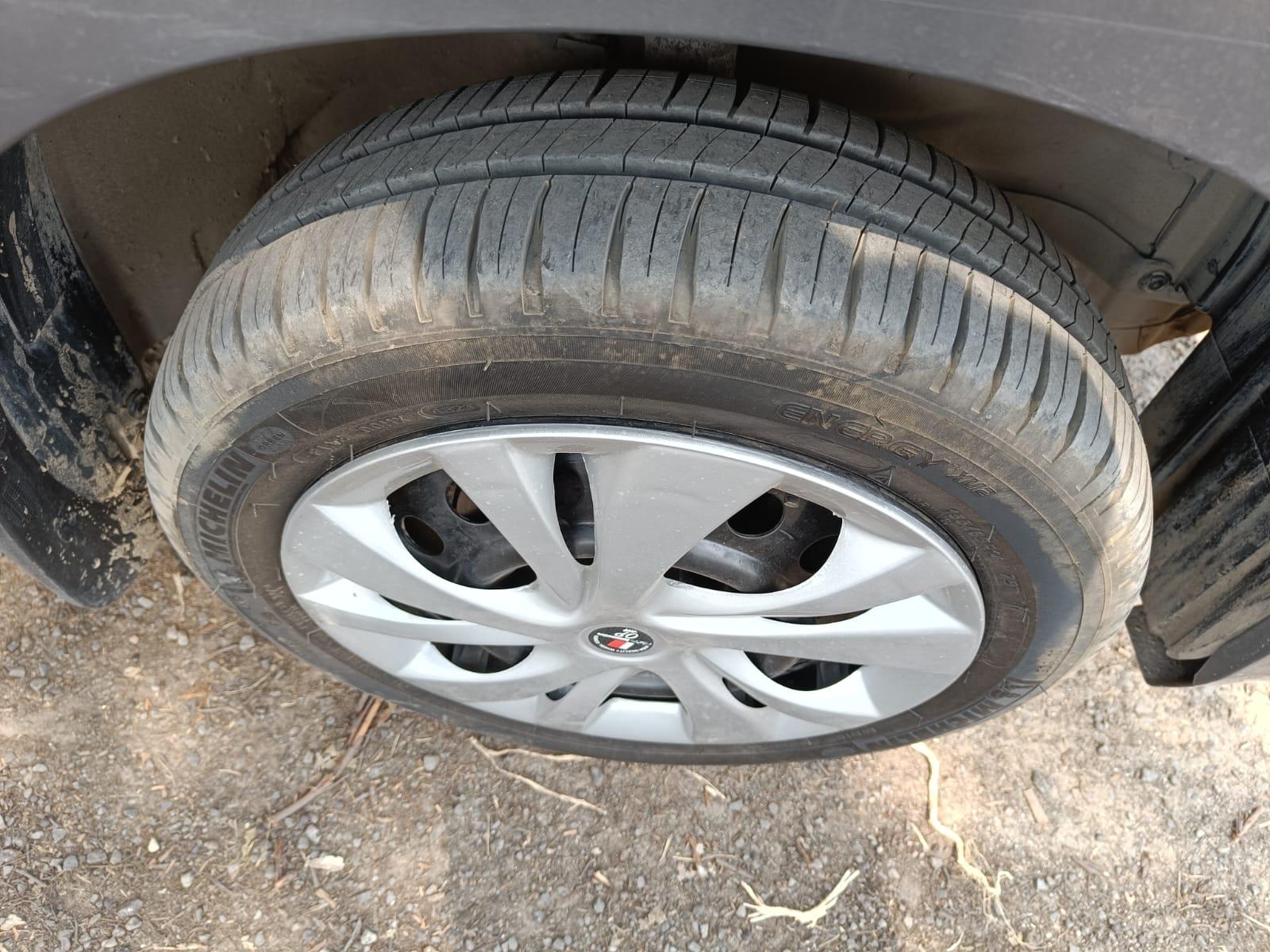
- 46,324 km
- Petrol
- AMT

- 39,823 km
- Petrol
- AMT

- 35,000 km
- Petrol+CNG
- Manual

- 29,065 km
- Diesel
- Manual
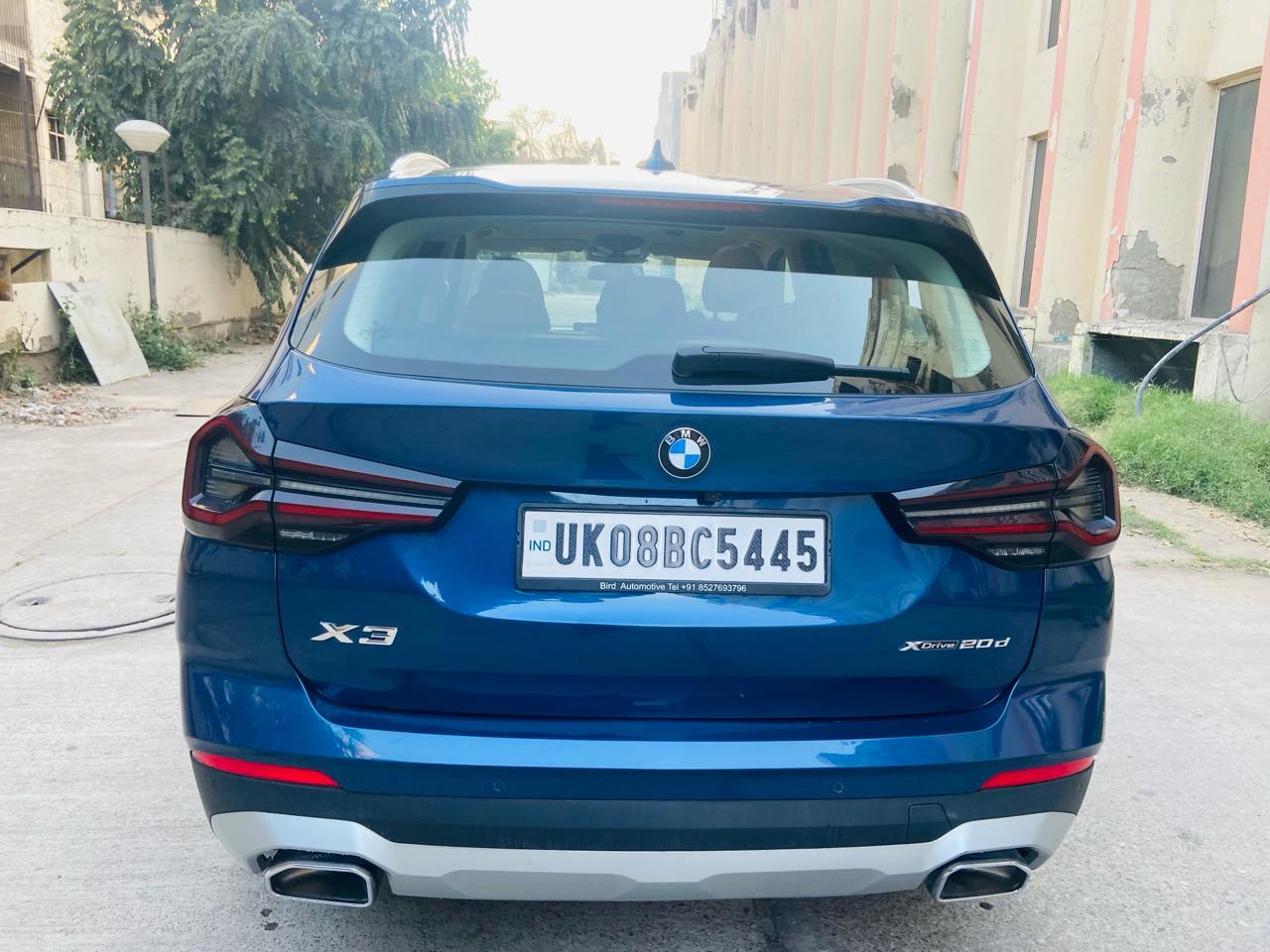
- 19,000 km
- Diesel
- Automatic

- 16,178 km
- Diesel
- Automatic

- 19,798 km
- Petrol
- Manual
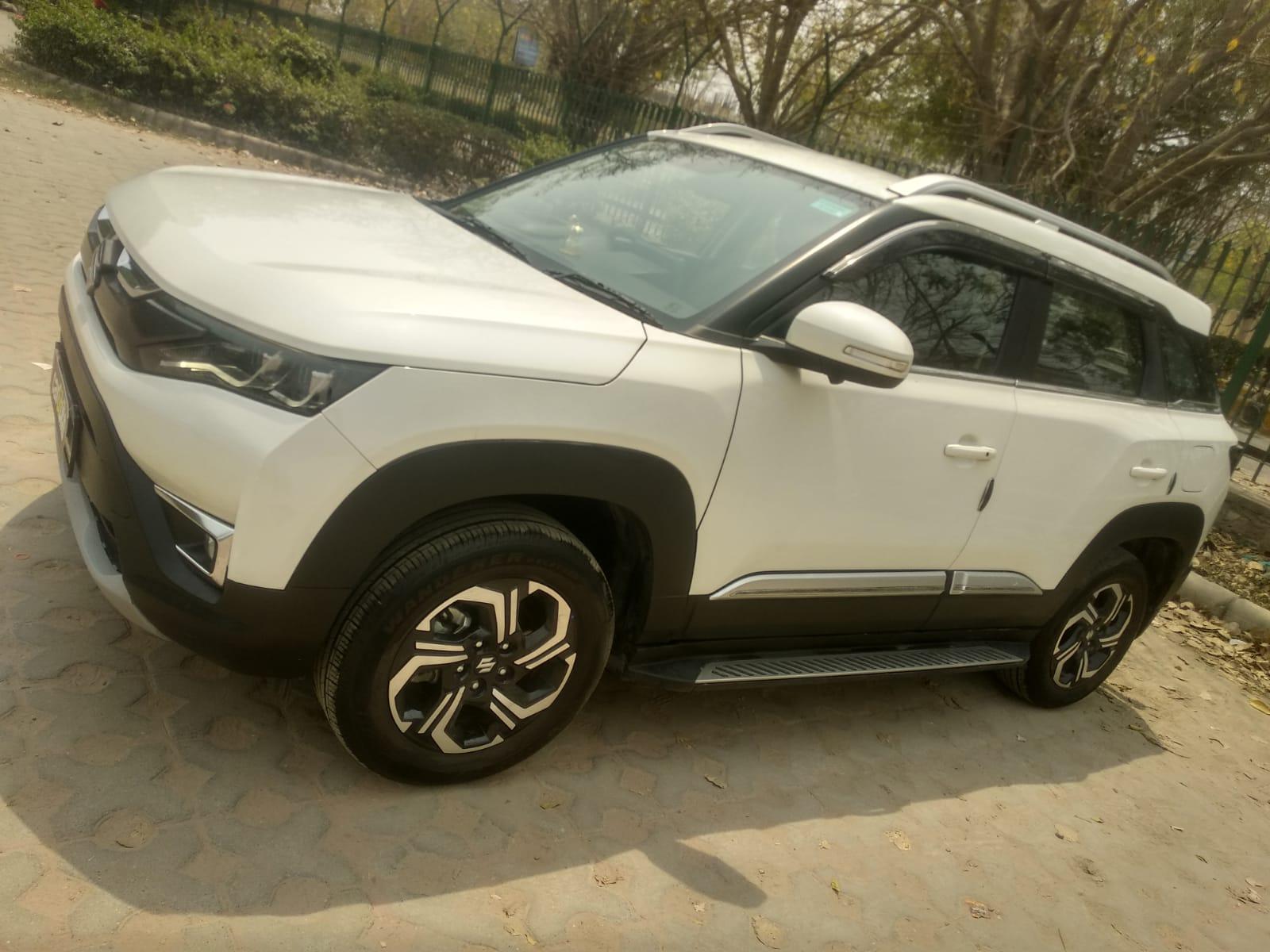
- 5,903 km
- Petrol
- Manual

- 25,279 km
- Diesel
- AMT

- 19,398 km
- Diesel
- Manual
Upcoming Cars
Upcoming Bikes
Explore More
Latest News
Related Articles
























